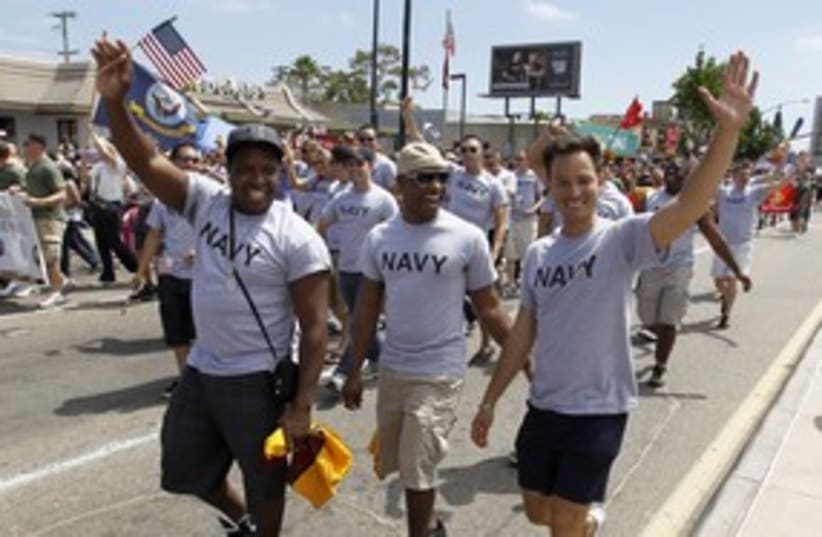The writer is a graduate of the City University of New York School of Law, where he served as an executive editor of the law review and interned for civil rights lawyer Ron Kuby.
Gays and bearded rabbis in the military
How ironic for the US Army, an institution that fights for the rights of Americans to practice their faiths openly, would curtail those very same rights.

The writer is a graduate of the City University of New York School of Law, where he served as an executive editor of the law review and interned for civil rights lawyer Ron Kuby.